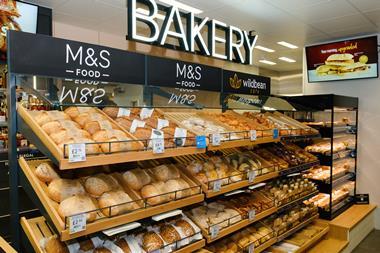Eight supermarkets have agreed to a set of Office of Fair Trading principles to address concerns over special offers and promotions for food and drink.
A statement released by the OFT said: "Aldi, Co-Op, Lidl, Marks and Spencer, Morrisons, Sainsbury’s, Tesco and Waitrose have agreed to adopt the principles into their own policies, following constructive engagement with the OFT."
It said the principles clarify the OFT’s view on how promotional claims should be used so that consumers can rely on them being fair and meaningful regarding the value of the product or the existence of a discount.
They also identify activities that would be of concern to enforcers:
When using internal reference pricing, such as ’Was £3, Now £2’ or ’Half Price’, the principles say that prices should be presented as discounts for the same or less time than the product was initially sold at the higher price. And prices should not be artificially inflated to make a later ’discount’ look more attractive.
The principles say that pre-printed value claims on packs, for example ’Bigger Pack, Better Value’, must be true. Where such claims are made, there should not be a cheaper way of buying the same volume of the product elsewhere in the same store. This applies even when there is a promotion on smaller packs of the same item.
The OFT launched its investigation into the supermarket sector to consider concerns that shoppers could be confused by the way prices are displayed, advertised and promoted. The OFT said it had made no finding that the supermarkets have breached the law or were engaging in misleading promotional practices. However, it did find what appeared to be inconsistency in the way the law was being interpreted and applied. It developed these principles to establish a more consistent approach across the sector.
Clive Maxwell, OFT chief executive, said: "Household budgets across the country are under pressure and shoppers should be able to trust that special offers and promotions really are bargains. Prices and promotions need to be fair and meaningful so shoppers can make the right decisions. Nowhere is this more important than during regular shopping for groceries, which accounts for 44% of retail spending.
"Our principles taken together with previous guidance provide supermarkets with a clear benchmark for how they should be operating so that their food and drink promotions reflect the spirit as well as the letter of the law. We are pleased that supermarkets have engaged constructively throughout our investigation and we will keep a watching brief on promotional practices in this sector."

































No comments yet